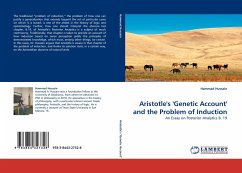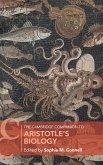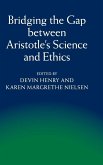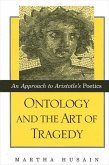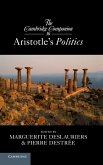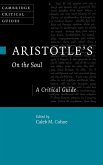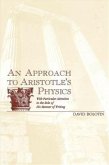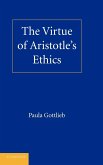The traditional problem of induction, the problem of how one can justify a generalization that extends beyond the set of particular cases on which it is based, is one of the oldest in the history of logic and epistemology. Further, how one should interpret the obscure last chapter, B.19, of Aristotle's Posterior Analytics is a subject of much controversy. Traditionally, that chapter is taken to provide an account of how induction based on sense perception yields the principles of demonstrated knowledge, which must, among other things, be certain. In this essay, Dr. Hussain argues that Aristotle is aware in that chapter of the problem of induction, and thinks its solution rests, in a certain way, on the Aristotelian doctrine of natural kinds.

